Food preparation
inthebasement
15 years ago
Related Stories
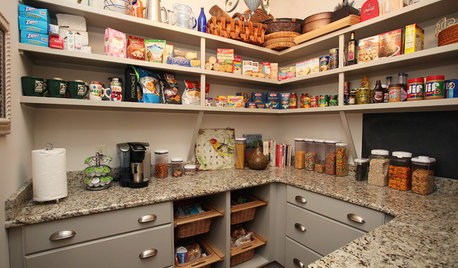
LIFEHow to Prepare for and Live With a Power Outage
When electricity loss puts food, water and heat in jeopardy, don't be in the dark about how to stay as safe and comfortable as possible
Full Story
TRAVEL BY DESIGNHow to Prepare Your House for a Home Swap
Trading homes for your vacation? Leave yours in great shape for your guests and help them enjoy a happy break with these 12 tips
Full Story
LIFEHow to Prepare Your House for Emergencies
Knock on wood you won't have any big mishaps at home, but it's important to be ready. Our checklist can help
Full Story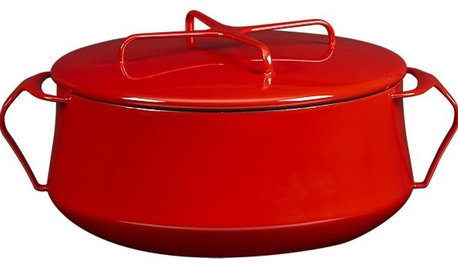
PRODUCT PICKSGuest Picks: Oven-to-Table Food Service
Serving food in the same dish it was cooked in means more time with guests and less time cleaning up
Full Story
KITCHEN DESIGNWorld of Design: Favorite Recipes From Food Lovers Around the Globe
Travel with your tastebuds and experience for yourself these international foodies' favorite dishes
Full Story
KITCHEN DESIGNPhoto Styling the Kitchen with Food
Want to show off your kitchen? Add some instant culinary color
Full Story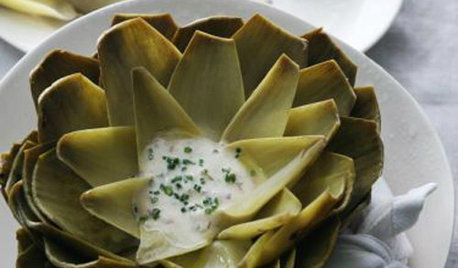
The New Simplicity: Today's Style for Food and Home
Make yourself at home with a more relaxed style at the table — and in interior design
Full Story0
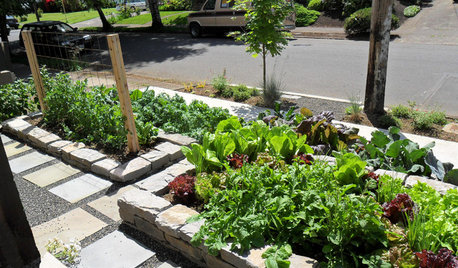
FRONT YARD IDEASWelcome Edibles Into the Front Yard for Fresh Food and More
Give your front yard design a boost and maybe even make new friends by growing fruits and vegetables
Full Story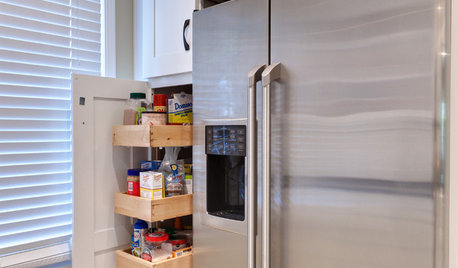
KITCHEN STORAGEPantry Placement: How to Find the Sweet Spot for Food Storage
Maybe it's a walk-in. Maybe it's cabinets flanking the fridge. We help you figure out the best kitchen pantry type and location for you
Full StoryMore Discussions







sbryce_gw
eric30
Related Professionals
Saint Louis Park Landscape Architects & Landscape Designers · Wake Forest Landscape Contractors · Allentown Landscape Contractors · Boca Raton Landscape Contractors · Cudahy Landscape Contractors · New Berlin Landscape Contractors · Palos Verdes Estates Landscape Contractors · Royal Oak Landscape Contractors · Albany General Contractors · Arlington General Contractors · Bowling Green General Contractors · Coatesville General Contractors · Genesee General Contractors · Hillsboro General Contractors · Uniondale General Contractorspyropunk
inthebasementOriginal Author
Jo-Ann M
Anisten